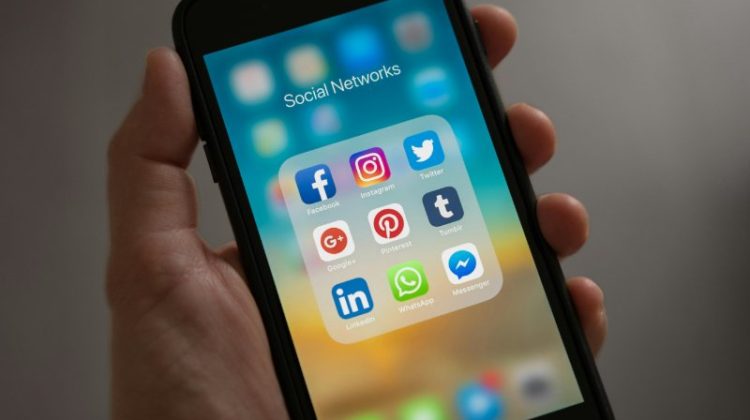Social media is a part of the daily routine for adults, teenagers and children across the world. While social media allows individuals to connect with friends and loved ones near and far, social media also has a very dark side.
Over the past few years, studies have shown a correlation between social media usage and mental health issues including an increase in depression, anxiety, lower self esteem and loneliness.
While limited amounts of social media may be acceptable for individuals under the age of 18 to interact with friends and loved ones, there are long-term consequences of over-stimuli from electronic devices. This is especially true with younger children.
How Can Social Media Impact Children?
Prior to the year 2000, little was known about the impact that screens have on children. However since the turn of the millennium, the amount of children that have been diagnosed with depression, anxiety and other mental health issues have reported addiction to electronics has grown drastically.
While some parents may see the benefit and enjoy the digital visitation children can have with their friends, there are serious drawbacks to screen time for adolescents and teenagers alike.
A study conducted over a four year time period found a correlation between usage of social media platforms, screen time and depression and anxiety amongst teens and adolescents. The study, conducted by the Canadian Journal of Psychiatry, had a group of more than 3,000 Canadians residing in Montreal Quebec.
The study found that the more time that individuals between the 7th and 10th grade spent in front of an electronic device, the more prevalent the symptoms of anxiety and depression became. This was especially true when the screen time was spent on social media platforms.
How Can Children & Parents Be Cautious with Social Media?
There are dark sides of most any industry. Social media is no exception. Like obtaining a driver’s license, signing up for the armed forces or buying certain age restricted products, social media platforms generally have a minimum user age. This user age tends to be 13 years of age, although certain outlets require a higher minimum usage age. The social media megaliths of Facebook, Snapchat, Twitter and Instagram all have a minimum age of 13.
Recently however, executives from Instagram came out and out the groundwork for Instagram For Kids. This social media platform issued this message on an employee message board and follows Facebook, Instagram’s parent company, to dive into the social media market of targeting children with social media applications.
Since these very large platforms may be lax, and in certain cases, targeting children with their products, the onus may be levied on the parents or legal guardian(s). To help monitor a child’s social media usage a responsible adult can:
-
- Remove any posts or photos of themselves with real names and actual photos
- Delete any birth dates and interests
- Remove any identifiable information that can be utilized to identify the geographic location of a child’s home neighborhood or their school
- Implement privacy settings
- Only friend people that you know and can verify their identity
- Remind them of the consequences that social media posts can have on their future
- Stay off social media platforms entirely
If children, teenagers and adults alike are too liberal in their approach, children can be targeted by individuals with ill intentions. It is important to hammer these concepts home and can be advisable to create a contract with children in the household regarding what is, and more importantly, what is not acceptable to post online.
Social Media can have it’s fair share of positives, but with every positive, there are serious drawbacks. These drawbacks are amplified with regards to children and adolescence. While digital socialization has taken on a new era in the age of COVID-19, younger individuals are prone to higher rates of anxiety and depression more so than ever before.





No Comment